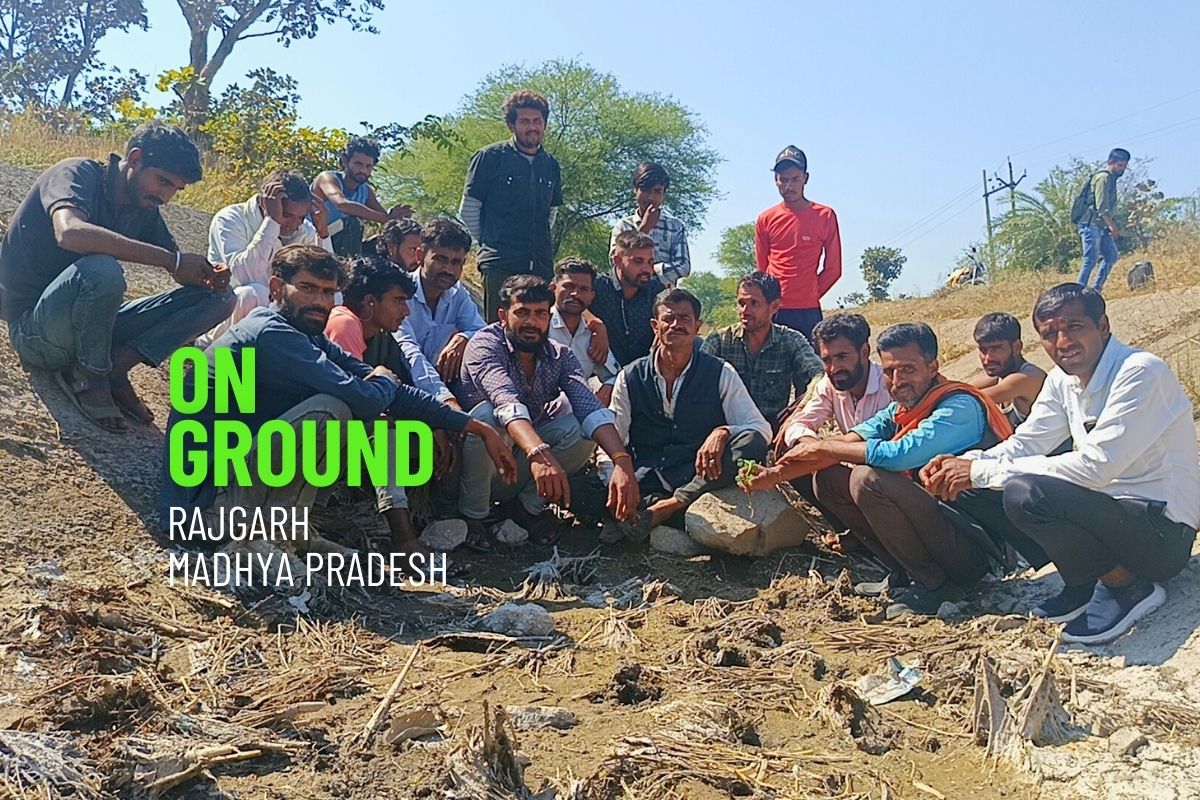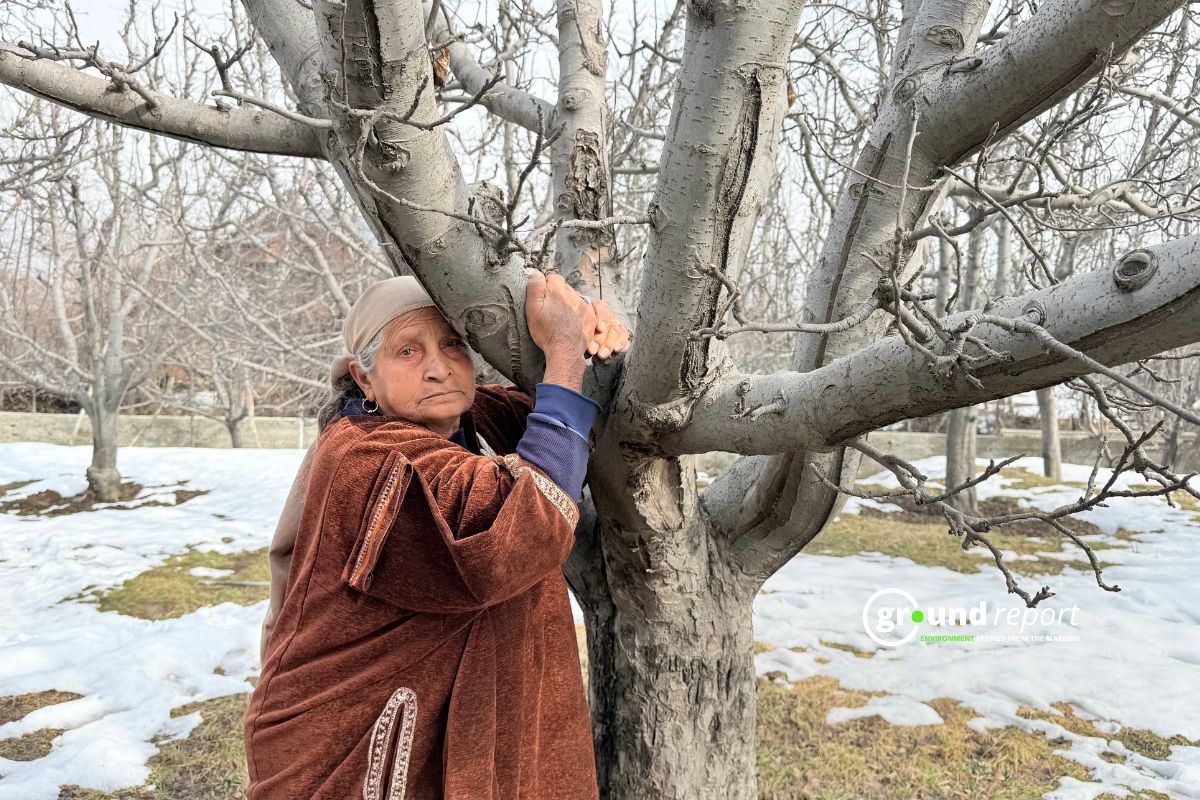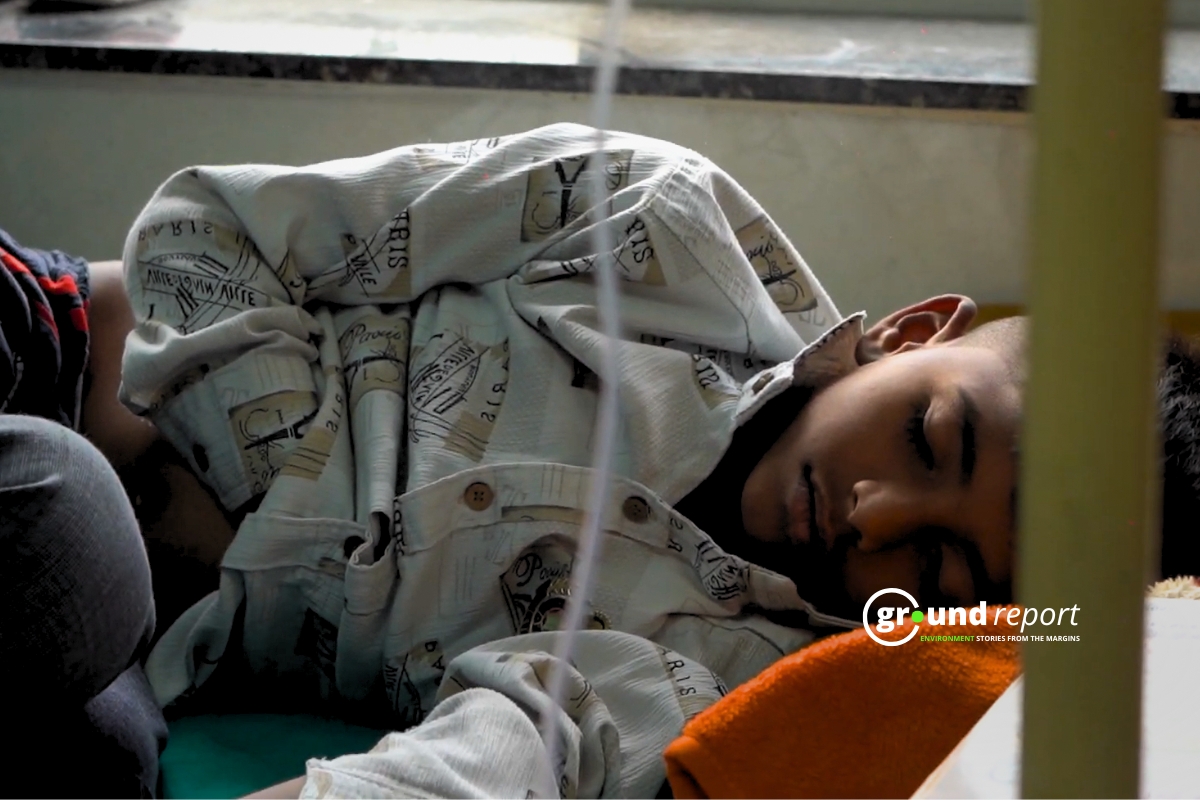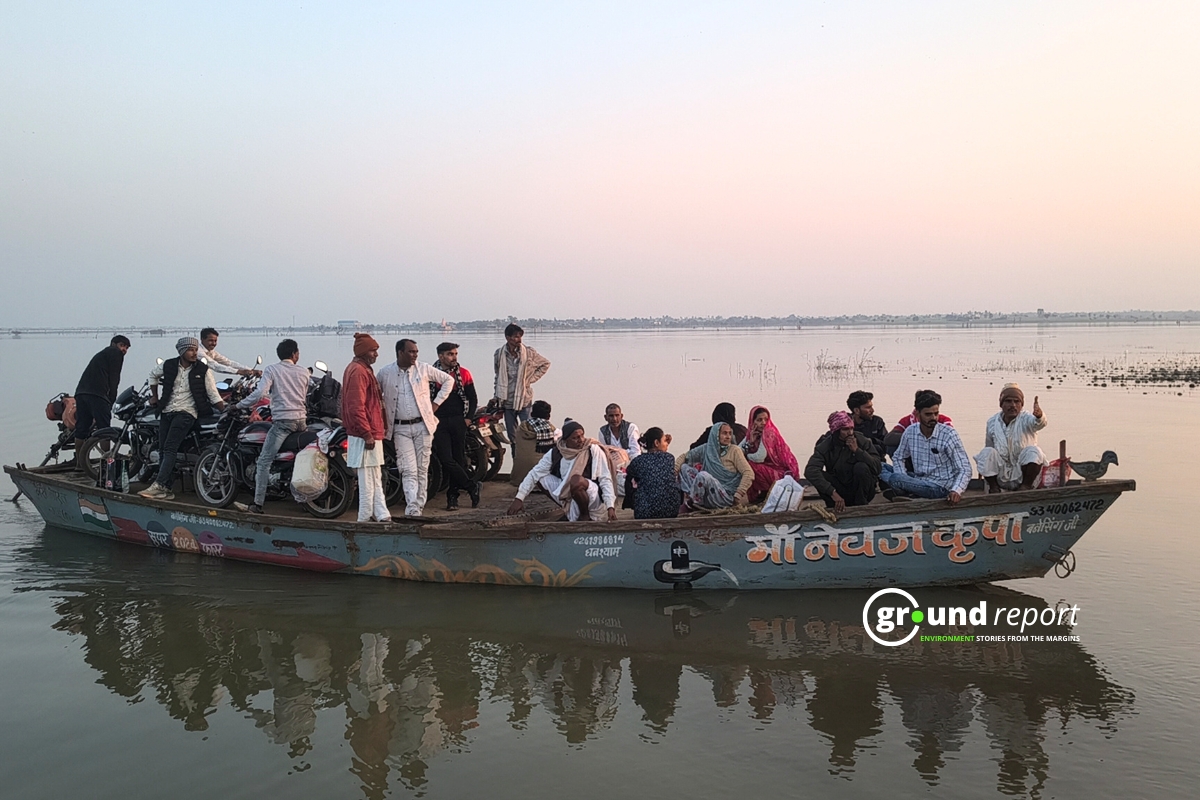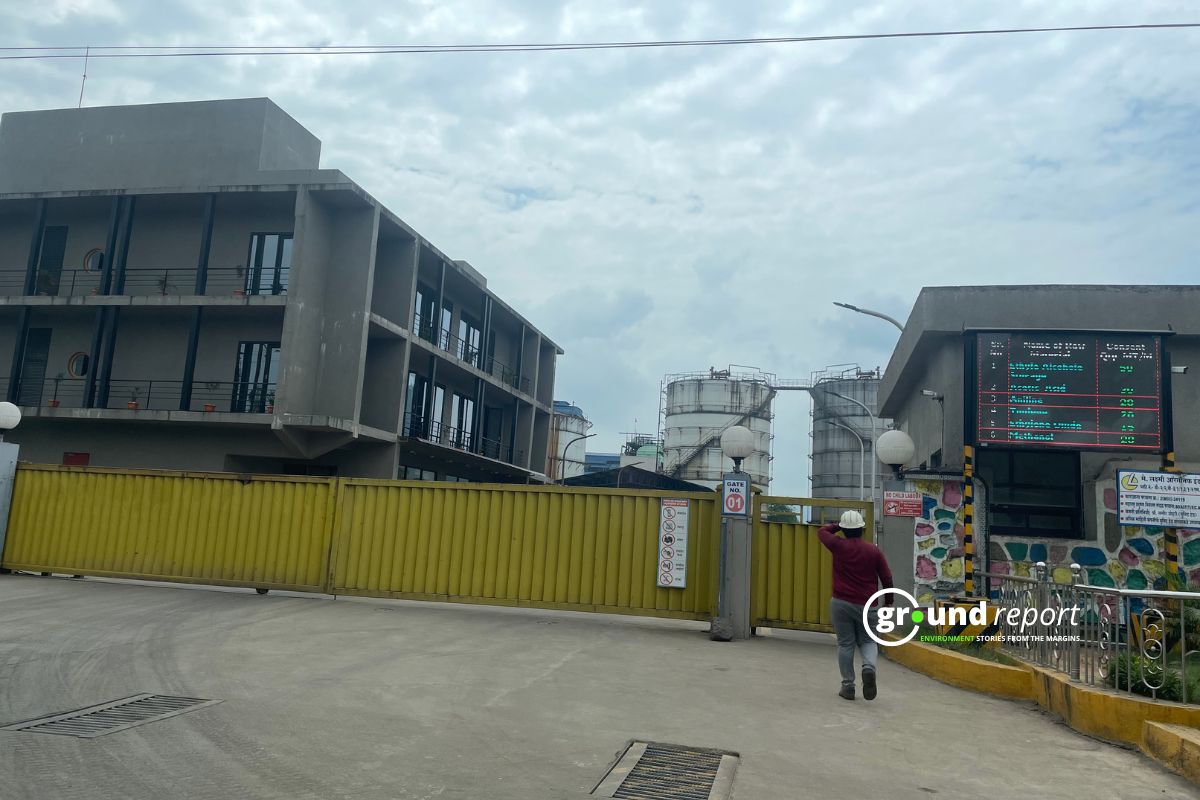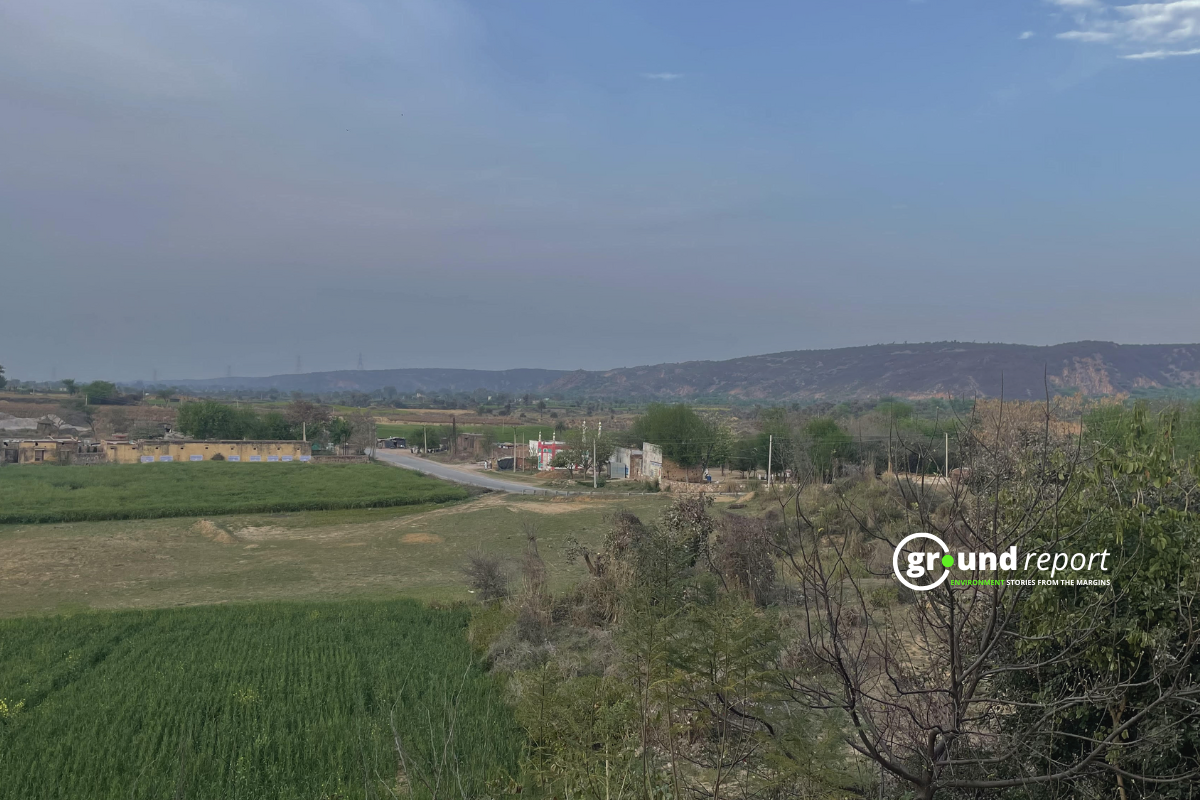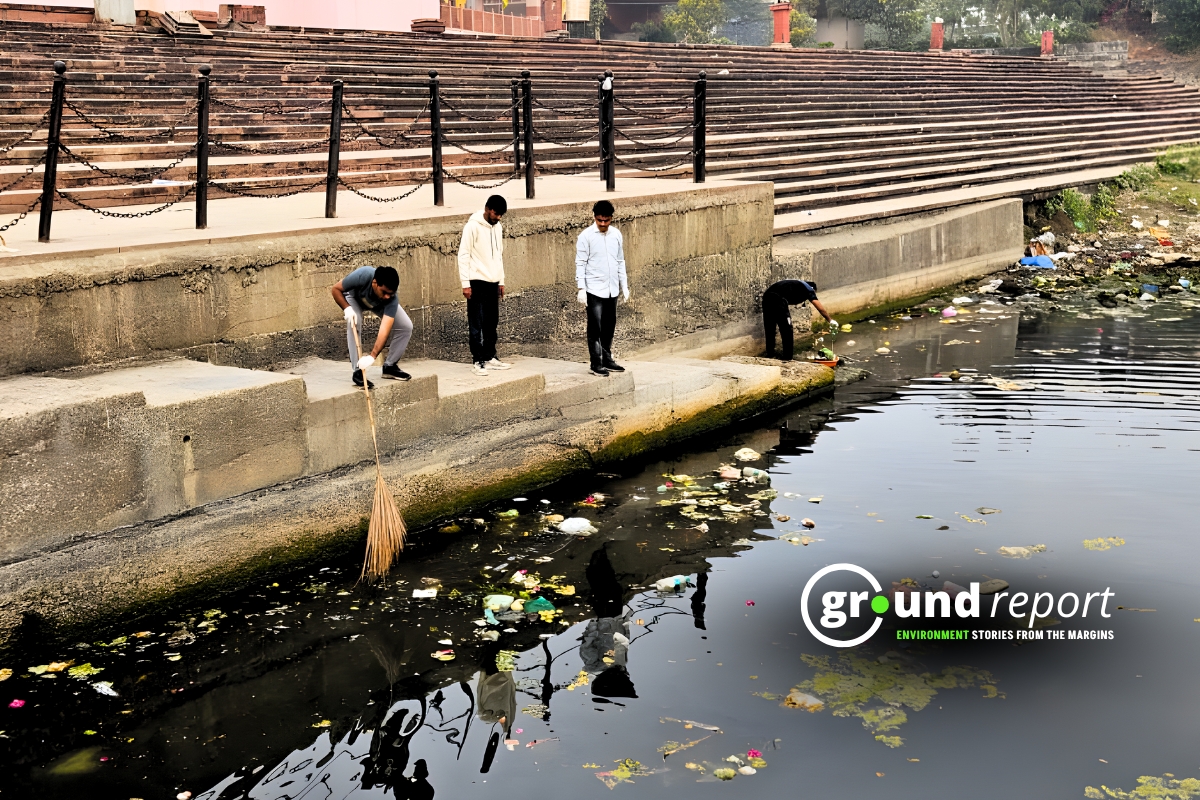In Madhya Pradesh’s Rajgarh district, farmers face a growing crisis as their wheat crops wither due to insufficient irrigation from the Kushalpura multipurpose project. The project, initiated in 2012, promised to serve approximately 35 villages, but farmers claim they’re receiving only a fraction of the necessary water supply.
In the villages of Ralyati and Rajpura under Biaora Block, the situation has become particularly dire. “We need water in the canal for four months continuously, but we are provided water only for 40 days,” says Jagdish Ruhela, a local farmer.
“The government has irrigated us on paper, but the ground reality is different.”
The impact on farming practices has been severe. Mahendra Singh Ruhela, another affected farmer, explains,
“The canal passes through my field, but after getting water twice, we can’t even apply the necessary pesticides due to third water shortage.”
Village Sarpanch Chander Singh Ruhela points to resource mismanagement:
“When water is released, no one listens to our requests to regulate it properly. It’s often wasted by sending it to areas connected to Mohanpura Dam, where it isn’t even needed.”
Official records present a contrasting picture. According to the District Water Utility Committee meeting held in October 2024, the Kushalpura Project provided irrigation to 4,330 hectares last year. The dam was reportedly full, with 6.00 MCM of water reserved for Biaora city’s drinking water needs. However, both urban residents and farmers continue to face water scarcity.
The economic impact has been devastating. Farmer Satyanarayan, who has dedicated 12-15 years to farming since the canal’s inception, shares,
“Instead of profit, farmers are becoming debtors. We don’t get enough water, but we still have to pay the fees.”
The financial strain is substantial. Omprakash, a local farmer, details the economics:
“We spend 20 thousand rupees per bigha on fertilizer, seeds, medicine, and tractor costs. With insufficient water, we might harvest only 50 kg of wheat, nowhere near enough to recover our investment.”
Dr. Rupendra Khandve, Principal Scientist and Head of Krishi Vigyan Kendra, confirms the technical aspects: “Wheat crops need 4-5 proper irrigations for optimal production. Any less significantly reduces yields.”
In response to these challenges, local MLA and Minister of State Narayan Singh Panwar has proposed a solution. In a February 2025 letter to the Water Resources Department’s Chief Secretary, he requested implementation of underground pipelines similar to the Mohanpura and Kundaliyan Dam systems. Currently, only 3,000 hectares receive irrigation through open canals, while farmers in 1,200 hectares resort to self-funded water lifting.
JK Thakur, Executive Engineer of the Water Resources Department, acknowledges the problems:
“The dam’s storage has reached its lowest level, making canal irrigation impossible.”
He outlines a new ₹90 crore proposal for underground pressurised pipelines, though its approval remains pending.
However, similar solutions have shown limited success. The Mohanpura project, implemented at ₹2 lakh per hectare, has faced its own challenges. Farmers report water reaching only nearby villages, with distribution boxes often running dry and causing disputes over rotation schedules.
Thakur addresses these concerns: “We’re planning modifications to ensure each box serves no more than its designed capacity of 20 hectares. This should maintain proper water pressure, though the rotation system will continue.”
As Madhya Pradesh maintains its position as India’s second-largest wheat producer after Uttar Pradesh, the situation remains critical for affected farmers. While officials work on long-term solutions, farmers in Ralyati Gram Panchayat have a simple request: sufficient water to save their crops, regardless of the source.
Support us to keep independent environmental journalism alive in India.
More Video Reports
India’s nuclear energy expansion: concerns and controversies
Biaora battles severe sanitation issues, residents demand action
Budhni’s wooden toy makers: a tale of lost dreams
Climate crisis hits MP’s maize belt
Follow Ground Report on X, Instagram and Facebook for environmental and underreported stories from the margins. Give us feedback on our email id greport2018@gmail.com.
Don’t forget to Subscribe to our weekly newsletter, Join our community on WhatsApp, and Follow our YouTube Channel for video stories.
